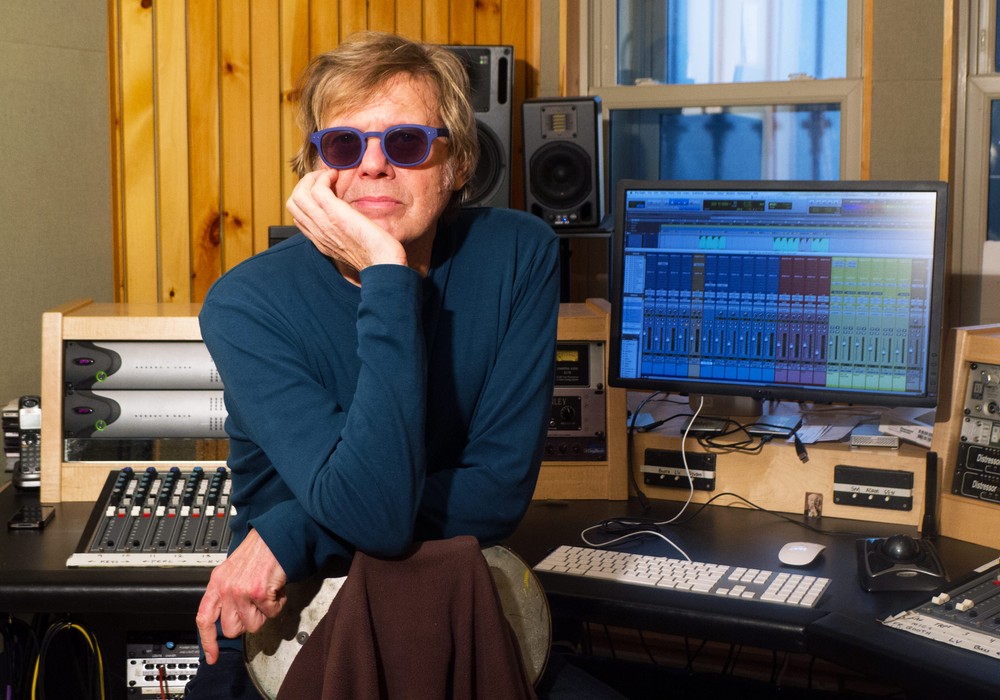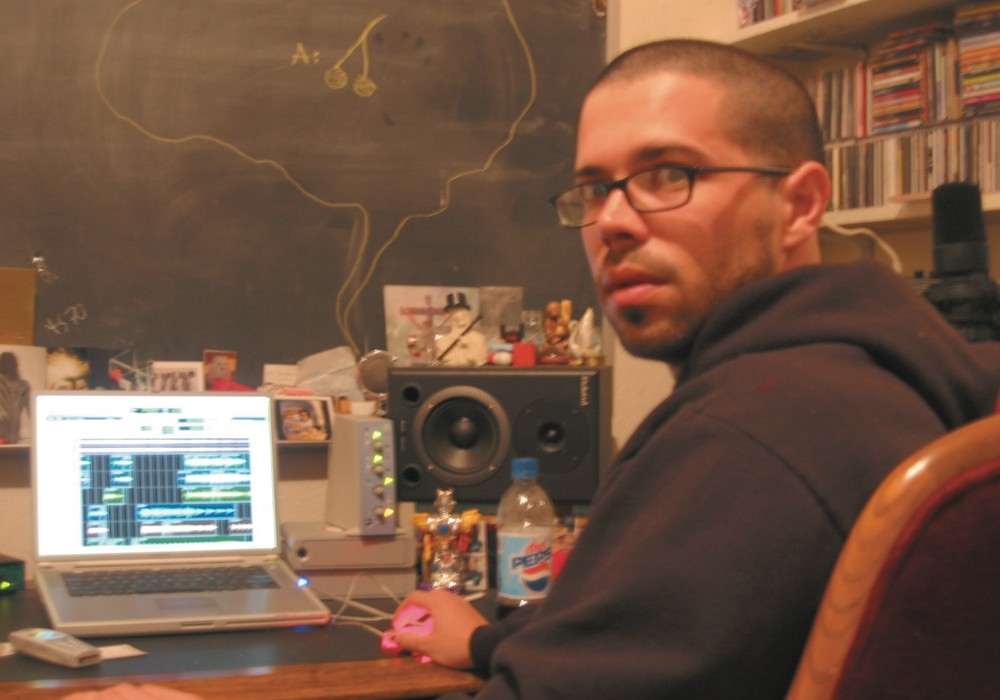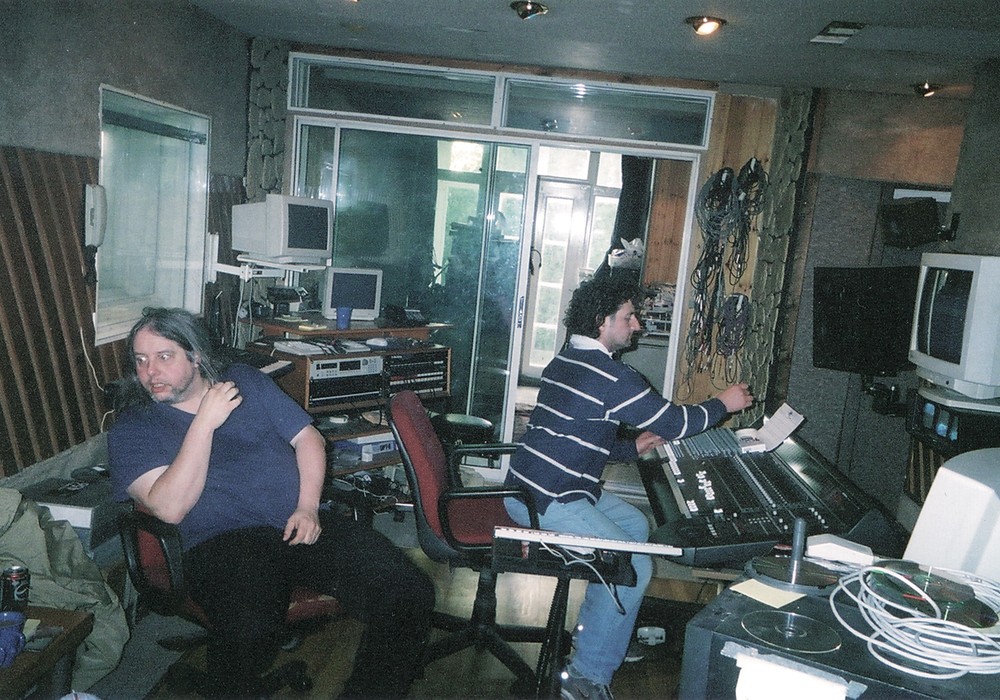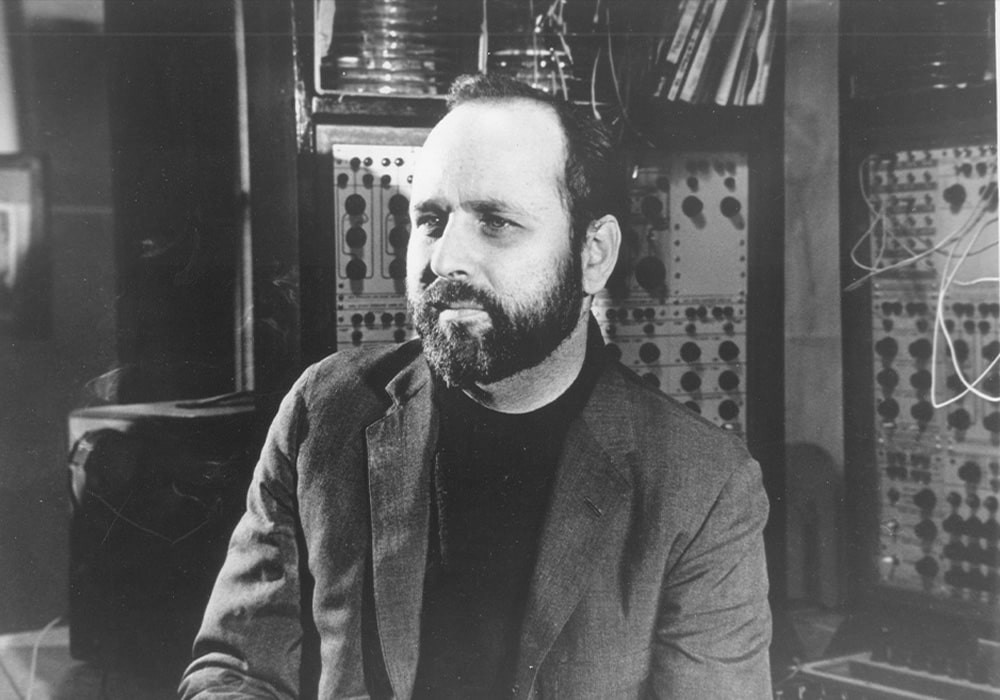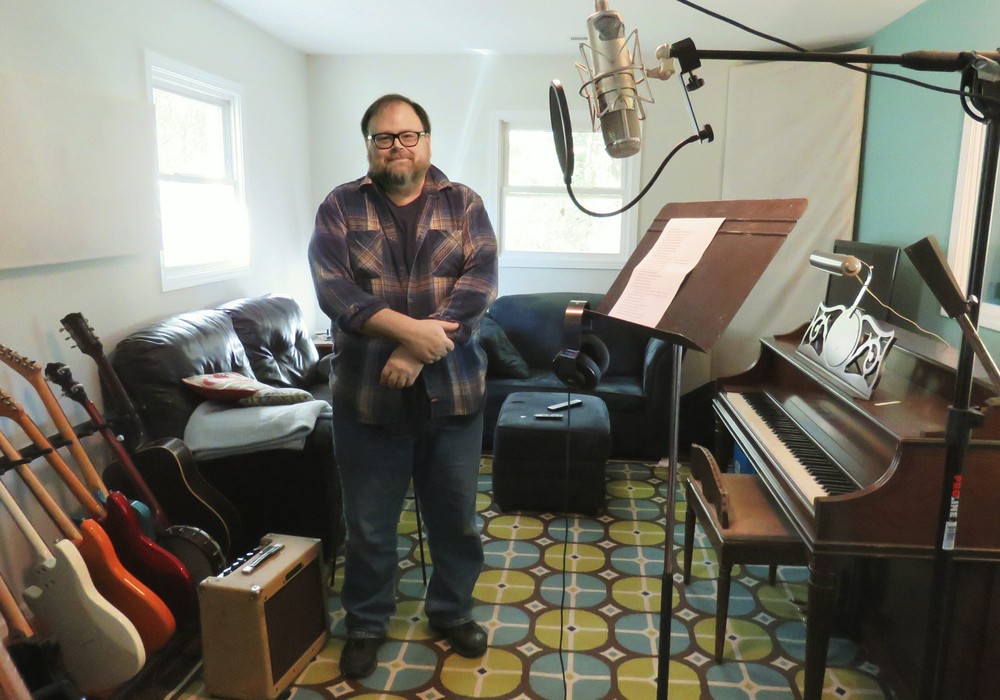I had arrived. Led by my ego, I waltzed into the recording studio and began to warm up. A jazz pianist about to study at conservatory, I prided myself on my ability to hear what others could not. I had a good ear. I could hear chords, intervals, and name notes out of thin air when played on a piano. The studio engineer's job was to set up microphones, run cables and to make me sound good. When the producer mentioned that the engineer had a good ear, I had no idea what he meant.
When we went to the control room to listen back, the engineer turned knobs and moved faders, and like magic, the mix began to come to life. What was a two-dimensional wall of sound became a three-dimensional representation of our live performance. The end result was greater than the sum of its parts. I knew then what the producer had meant when he said the engineer had a good ear. It dawned on me that the aural skills that indicate a good ear vary between instrumentalists and engineer/producers. In order to investigate this phenomenon, I chose to interview Scott Petito, engineer and owner of NRS Recording Studio in Catskill, NY, and to draw upon my own experience as both a jazz pianist and studio musician.
When asked about the necessary aural skills required for success in their field, the ability to discern between pitches and to reproduce simple rhythms seemed to be the common denominator between instrumentalists and engineer/producers. Many musicians I have met are aware of and desire the Mozartian abilities of perfect pitch and perfect rhythm that lie far beyond the grasp of the average musician. To engineers and producers, having "golden ears" refers to the similarly special ability of a person to identify and eliminate subtle inaccuracies and problem frequencies in order to produce a great sounding recording and mix.
Does the ability of perfect pitch guarantee one's success as a musician, or even that one will pursue a career in music? Not necessarily. According to Musicophilia by Oliver Sacks, "Absolute pitch is not necessarily of much importance even to musicians — Mozart had it, but Wagner and Schumann lacked it." Some instrumentalists even view absolute pitch as a liability. Jazz pianist Brad Mehldau once told me of a childhood friend of his who ran screaming from an out-of-tune orchestra rehearsal.
Among engineers and producers, those with "golden ears" seem to possess both the "right-brain instinct" and "left-brain intellect" required of a consummate artist.
Scott Petito: "A good ear for an engineer means, A) A musical ear that's really good; B) They need to be able to break that down further into frequency response and timbre. An engineer should have a rough idea where 1 kHz is. I know 200 Hz, I can hear 10 kHz pretty well, and I can still hear air frequencies up at 16 kHz and what not. The bottom line is developing an awareness of where frequencies lie, so that if you need to fix a problem you know what to do. Some of that is intuitive."
The listener's perception of an ensemble has as much to do with the overall sound presented to them as the musical composition being performed. Both at the instrumental level and during the production phase, timbre plays an important role in determining the mood of the piece. Instrumentalists almost always take into account the way the tone of their particular instrument fits into the soundscape. Problems can arise when instruments share too much of the same frequency range. Engineers and producers use both psychological and psychoacoustic tricks during the recording process to both keep musicians happy and to thin out the mix.
Scott: "Quincy Jones said his best friend is the low-cut filter, 'cause that's what gave him space. That's what gave him a very firm low end — there weren't nearly as many low frequencies going on."
In many cases good engineers try to capture the original sound of an instrument as accurately as possible. It is always easier to change a "pure" sound after it is recorded than to go back and attempt to alter a "mutated" sound. An exception to this rule can occur when the engineer/producer has a clear idea of the sound of the final mix in mind.
Scott: "If I know what's going to happen, then I may be more specific about how I tailor that sound as it goes in."
The degree to which this can be accomplished depends on how far the engineers and producers can "see into the future."
The skill referred to as "learning the room" refers to the ability of an artist to listen and adapt to the acoustic properties of a given space in order to best represent sound to an audience. This skill requires knowledge of the physics of sound as well as years of practice, as live performance venues are inevitably and often drastically different from the recording studio in the case of an engineer, or the practice room in the case of an instrumentalist. Evaluating a performance space is more than just an aural process. At first glance, the engineer or instrumentalist often scans the room for visual cues.
Scott: "Is the room narrow? Is it wide? Is it completely parallel? The things that I'm probably going to want to focus on are the high end and the low end. The bass is the most significant problem, because if you're not hearing accurate bass, that's going to affect a lot of the first harmonics, which are the most audible."
Having a good ear can refer to a multitude of highly-refined aural skills. The abilities of absolute pitch or "golden ears" are far beyond the grasp of most artists. Those who do possess these abilities have transcended the intellectualism of traditional ear-training and have arrived in a place of heightened instinct, characterized by the ability to adapt to and compliment any musical situation. I wonder, if Mozart had been exposed to a modern studio, could he have distinguished 1 kHz from 1.5 kHz? In any case, the abilities of absolute pitch and golden ears may be beyond my grasp, but I do not fret! If I had the ears of the unfortunate young man who ran from the orchestra rehearsal, how could I ever play background piano in restaurants?
Interviews | No. 145
Godfrey Diamond: Paying it Forward
by Greg Di Gesu
I had the chance to sit down with producer/recording engineer Godfrey Diamond at his home studio, Perfect Mixes Recording in Brooklyn, New York. Godfrey is known for his production and engineering...


